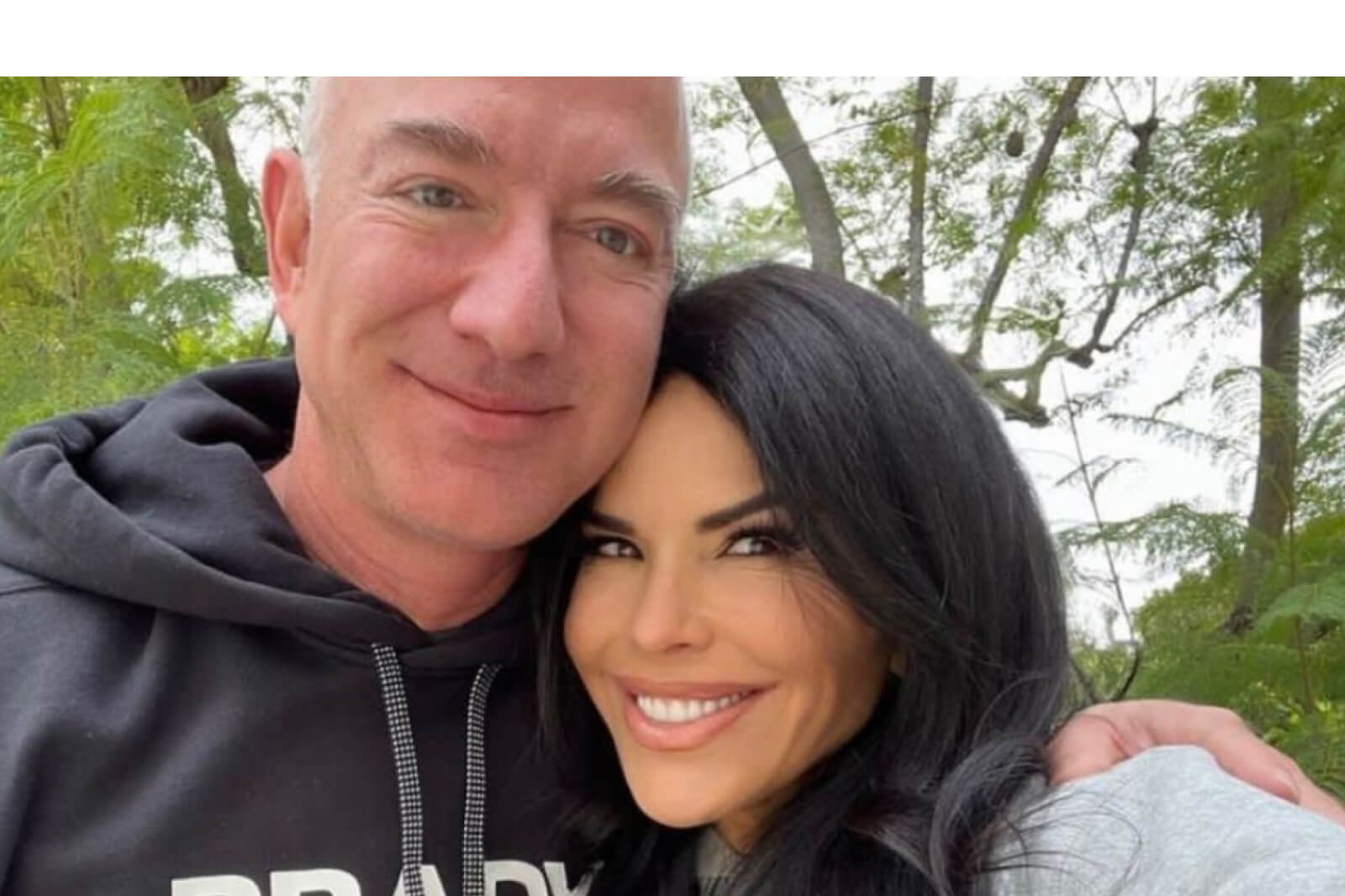
Why Everyone Should Take a Gap Year

Take the leap.

Before Malia Obama made it cool, I took a gap year.
Five years ago, I told my parents that I wanted to volunteer abroad instead of going straight to college after graduating high school. They laughed. A few months later, after much convincing, and a slideshow or two, I deferred my acceptance to NYU. The decision to defer confused many people before and after my gap year. Before, friends would ask why I’d want to put off the partying college would have in store. After, employers asked why I would take that time off in the first place. In a country that promotes a go-go-go mentality, it’s difficult to convince yourself you deserve a breather. Taking a gap year may seem like a preposterous life choice, but everywhere else, especially in Europe, it’s common for young adults to embark on their individual journeys after finishing school. That time off is meant to inform who you are through experiential learning, ultimately broadening your perspective.
There are a lot of benefits to time off. The Gap Year Association published a study that shows 60% of current students said a gap year helped them decide their major in college and 66% felt more academically motivated afterward. Besides those statistics I used to sway my parents, depending on what one decides to do with a gap year, it offers time to reflect on your goals, define your values, and potentially increase cross-cultural communication. A gap year after any graduation is not only important but maybe even necessary.
After almost two decades of schooling, jumping straight into the professional world could further what the World Health Organization defines as burn-out. The term was recently classified under the 11th Revision of the International Classification of Diseases as an occupational phenomenon which is characterized by “feelings of energy depletion or exhaustion; increased mental distance from one’s job, or feelings of negativism or cynicism related to one’s job; and reduced professional efficacy.” While WHO only applies burn-out to the workplace, the same phenomenon can happen because of schooling. Whether one works hard or slacks, even an academic environment can be oppressive. Some people even lose a sense of individuality and personhood when constantly working within systems. Living a non-goal-oriented life for a period can revitalize one’s sense of purpose.
Personally, taking a gap year did change who I am, for better and worse. After working six months while my friends were partying in college, I decided to volunteer in Ecuador and Cuba, during which I learned the value of a dollar, what’s worth my time, and how to handle a variety of personalities. Unfortunately, I also lost confidence in myself after a trying experience in Ecuador where I volunteered with a toxic group of people. Although my time in Cuba was liberating and informative, I am to this day still traumatized by my Ecuador trip. Within the first week, I was harassed for wearing shorts and fell ill. Going abroad can be eye-opening, but it also comes with risks. I loved Ecuador for its beauty, resources, and history, but the volunteer group was comprised of wealthy individuals who I couldn’t relate to.
While those experiences are unique to me, they illuminate the possible trials one can experience when traveling abroad. No matter what one decides to do for their gap year, it is always important to recognize why you chose to take time for yourself in the first place. I chose to take a gap year for time off from the grueling pressure of a productivity-focused culture. Taking a step back from that lifestyle offered me the opportunity to mature in a way I don’t believe would be possible as a freshman in college. Being out in the world, outside of an academic or professional bubble allows us to take the time to take everything in and learn who we are and what we value.


